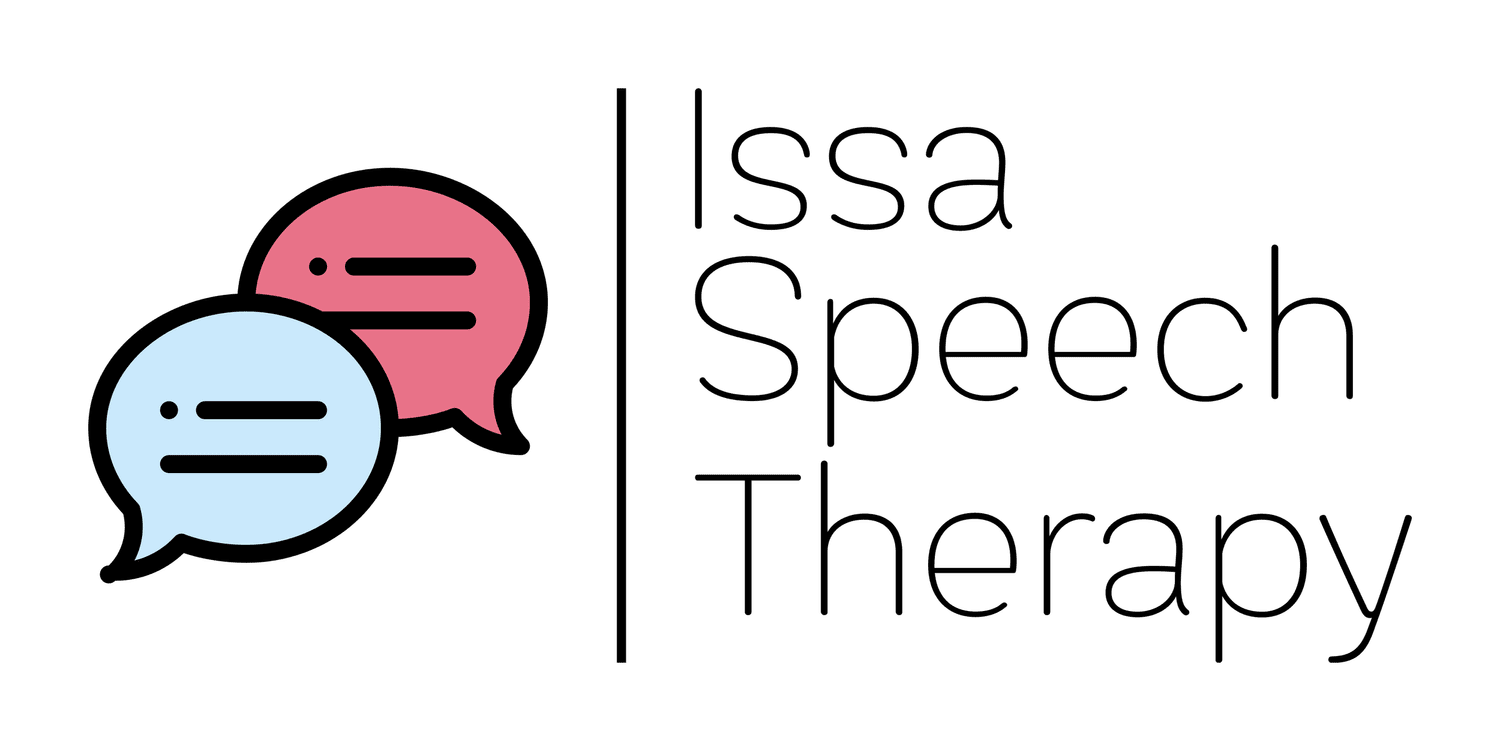
Speech and Language Milestones for Children in Elementary School
According to the American Speech-Language-Hearing Association (ASHA), the following are some general speech and language milestones for elementary-aged children (6 to 12 years old):

Articulation and Speech Sounds:
By age 6-7: Should have mastered most speech sounds and be easily understood.
By age 8-12: Should have fully developed speech intelligibility and be able to produce all sounds correctly.
Vocabulary and Word Usage:
By age 6-7: Should understand and use words related to time, sequence, and size.
By age 8-12: Should have an expanded vocabulary of about 20,000 words, including synonyms and antonyms.
Grammar and Syntax:
By age 6-7: Should be able to use plurals, past tense, and future tense correctly.
By age 8-12: Should use more complex sentence structures, including conjunctions, prepositions, and adverbs.
Narrative Skills:
By age 6-7: Should be able to tell a logical story with a clear beginning, middle, and end.
By age 8-12: Should be able to tell stories with more complex plotlines, character development, and dialogue.
Reading and Writing:
By age 6-7: Should start reading simple books and be able to write short sentences.
By age 8-12: Should be reading independently and writing paragraphs with proper grammar and punctuation.
If you have concerns about your child's speech and language development, contact us here.
How do I know if my child in elementary needs speech therapy?
If you're unsure whether your elementary-aged child needs speech therapy, there are several signs to look out for. While these signs don't necessarily indicate a need for therapy on their own, if you notice multiple indicators or have concerns about your child's speech and language development, it may be beneficial to consult with a speech-language pathologist (SLP) for an evaluation. Here are some common signs that may suggest a need for speech therapy:
Articulation and Speech Sound Difficulties:
Difficulty being understood by familiar and unfamiliar listeners.
Persistent difficulty producing specific speech sounds appropriate for their age.
Substituting, omitting, or distorting speech sounds beyond the typical age.
Language Delays or Disorders:
Limited vocabulary compared to peers.
Difficulty understanding and following age-appropriate directions.
Trouble expressing thoughts or ideas clearly.
Frequent grammatical errors or limited sentence structure.
Challenges with narrative skills, such as retelling stories or organizing information.
Fluency (Stuttering) Issues:
Frequent disruptions in the flow of speech, such as repetitions, prolongations, or blocks.
Tension or struggle when speaking.
Avoidance of certain words or situations due to fear of stuttering.
Social Communication Difficulties:
Trouble initiating or maintaining conversations.
Difficulty understanding nonverbal cues, such as body language or facial expressions.
Challenges following social rules and norms during interactions with peers.
Reading and Writing Challenges:
Struggles with phonological awareness (e.g., identifying and manipulating sounds in words).
Difficulty decoding and recognizing written words.
Poor spelling skills.
Trouble understanding or expressing written language effectively.
If you have concerns, contact us here. A speech pathologist at Issa Speech Therapy can assess your child's speech and language skills and provide appropriate guidance and recommendations.
Questions before getting started?

